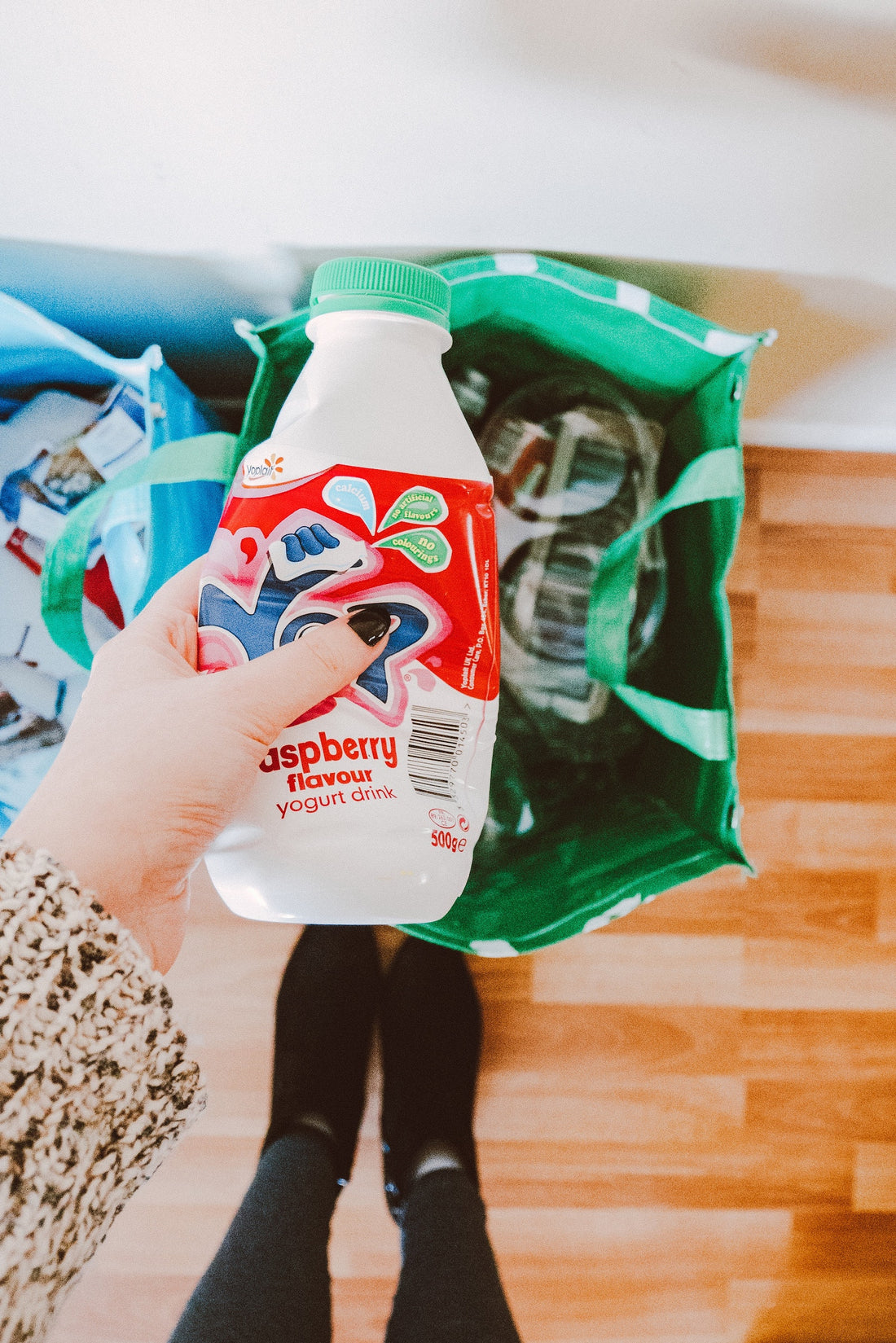
Trash. Be gone.
Share
Every year we produce more plastic waste and more packaging waste in Germany. In 2016 there were 3.1 million tons of plastic and a total of 14.64 million tons of packaging waste. By 2017, the figure will be 18.7 million tonnes, of which 3.2 million tonnes will be made of plastic. In 2018, every single German consumed on average almost 226 kg of packaging waste. Tendency: It is becoming more and more. [fn-label id="1"]
[featured-image-wide caption="We are producing more packaging waste than ever before. (Photo: Lisa Fotios from Pexels)"]What do you do when the problem has become too big? You send it to the other end of the world. Clean.
Until now. Because China doesn't accept garbage anymore since 2018. That's a step, because after all, since 1988 half of the plastic waste from all over the world went to the land of the rising sun. There it was melted and processed into pellets for recycling. But the garbage became too impure for the Chinese. They demanded that only garbage with a contamination level of less than 0.5% be allowed into the country. By comparison, plastic waste from the USA, for example, has a contamination level of 15 to 25 percent. The result: the majority of exports of plastic waste to China is thus banned.
For good reason, because the Chinese only ever received residual materials of poor quality, literally "waste". These contain a variety of materials, chemical additives and dyes that make recycling almost impossible. And of course they end up immediately in waste incineration plants, landfills or anywhere else in the environment. With catastrophic consequences, even for humans.
The exporting countries are not stupid, Southeast Asia calls. Like Thailand, since imports in the first four months of 2018 compared to the same period the year before rose almost 70 times!
The amount of garbage simply overwhelms everyone. In May 2018, one of Vietnam's largest shipping terminals had to briefly stop accepting waste after thousands of containers full of plastic and paper waste had accumulated there. And then things get adventurous: In Malaysia, almost 40 illegal recycling factories have been set up, which have released toxic waste water into the environment and pollute the air with pollutants from the burning of plastic. In Thailand, 58 tons of illegally imported plastics are confiscated in a single raid. In June 2018, Thailand then announced that it would ban the import of plastic waste, Vietnam suspended imports from the end of June to October 2018 and Indonesia has reduced imports of non-recyclable waste.
And how do waste exporters react? By the way: Germany is one of the world's largest exporters of plastic waste.
They dispose of recyclable residues in landfills or burn them. This harms the environment and us. This is because carbon monoxide, nitrogen oxide, fine dust, dioxins, furans and other pollutants are released. They are responsible for cancer, respiratory diseases, nervous diseases and birth defects. The rest that remains after combustion, the ashes, pollutes soils and groundwater. It has to be disposed of properly.
While the world goes to its knees under plastic waste and is looking for solutions, the industry wants to increase plastic production by 40% in the next 10 years.
Conclusion:
If we do not reconsider our consumption and consistently do without plastic, production will continue unabated. It's up to us, we have to banish plastic from our lives. There is no alternative.
[hr] [fn-note id="1" title="Statista: Packaging consumption in Germany" link="https://de.statista.com/infografik/19987/verpackungsverbrauch-in-deutschland/"]